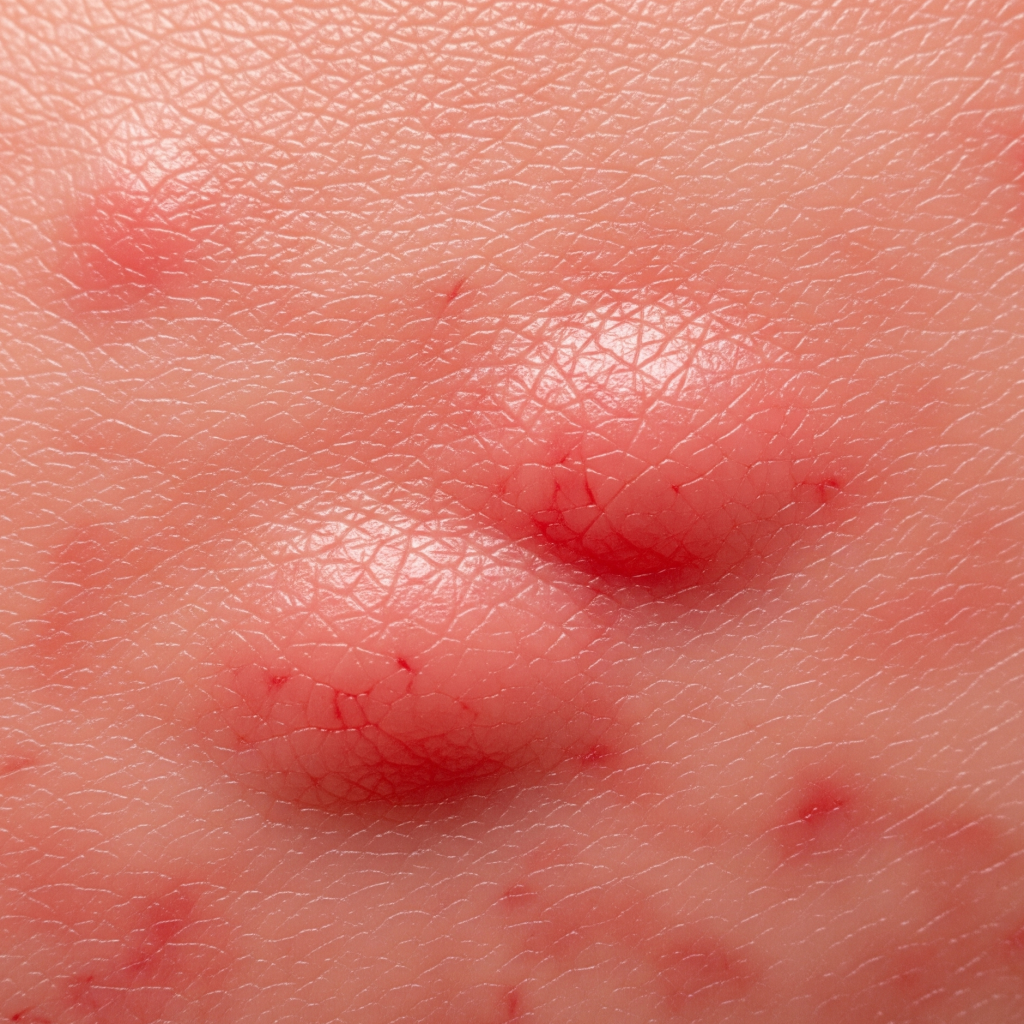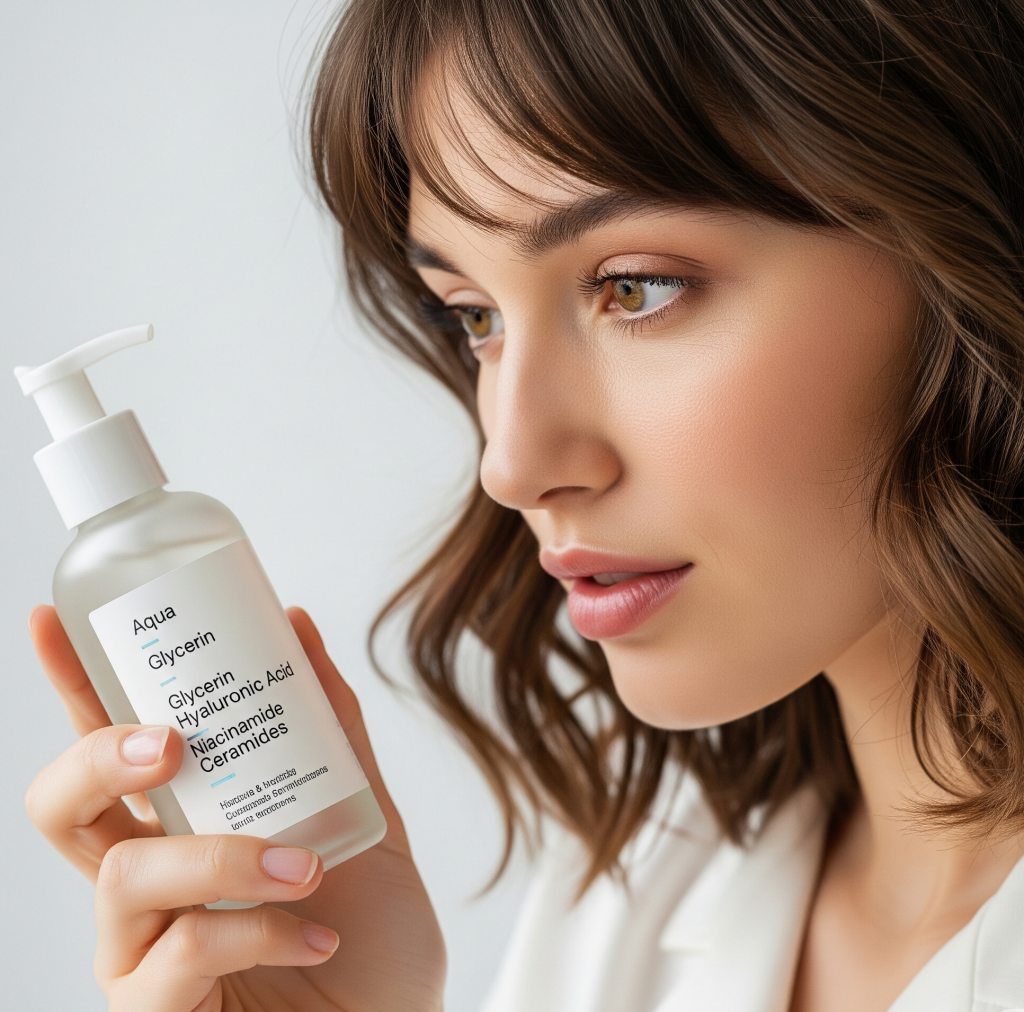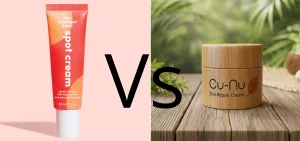We all reach for creams and lotions hoping for smoother, healthier, more radiant skin. But have you ever stopped to think about what’s really in those seemingly magical concoctions? Beyond the active ingredients, many skincare products contain a cocktail of preservatives and other additives designed to extend shelf life, improve texture, or enhance scent. While some of these are necessary, others can be silently doing more harm than good to your precious skin.
Don’t take out word for it…
“Given the endocrine disruption capacity and documented female and male reproductive harm, coupled with the potential for repeated lifelong exposure, it is clear that long-chain parabens (isobutyl-, butyl-, isopropyl- and propylparaben) should not be used in personal care or cosmetic products.”
–Environmental Working Group (EWG)
Let’s break down some of the common culprits and why you might want to reconsider their presence in your daily routine.
Preservatives: The Good, the Bad, and the Ugly
Preservatives are essential for preventing the growth of bacteria, fungi, and mold in water-based skincare products, ensuring they remain safe to use. However, not all preservatives are created equal.
- Parabens (e.g., Methylparaben, Propylparaben, Butylparaben): These have been widely used for decades, but concerns have grown regarding their potential to mimic estrogen in the body, leading to discussions about hormone disruption. On the skin, parabens can cause irritation and allergic reactions, especially for those with sensitive skin. Studies suggest they may even contribute to UV-induced damage of skin cells.
- Formaldehyde Releasers (e.g., DMDM Hydantoin, Quaternium-15, Imidazolidinyl Urea): These ingredients slowly release small amounts of formaldehyde over time to prevent microbial growth. Formaldehyde is a known irritant and allergen, and can cause redness, itching, and allergic contact dermatitis. Long-term exposure has even been linked to more serious health concerns.
- Phenoxyethanol: While generally considered a safer alternative to parabens and formaldehyde releasers, some individuals may still experience skin irritation or allergic reactions, particularly at higher concentrations.
What’s the damage? Preservatives, especially certain synthetic ones, can contribute to:
- Increased skin sensitivity
- Weakened skin barrier function, making your skin more vulnerable to external aggressors
- Inflammation, redness, and itching
- Disruption of the skin’s natural microbiome (the beneficial bacteria that live on your skin)
- In some cases, potential long-term health concerns beyond the skin.
Example: Skin damage by the use of harmful skincare ingredients.

The truth, of course, is that these people have been lying to you all along.
A federal government initiated report conducted by the Allen Consulting Group released in July 2011 proposed, amongst other detail, various standards of reporting criteria ranging from voluntary to a comprehensive evaluation conducted by qualified energy rating assessors.
Other Additives to Watch Out For
Beyond preservatives, many creams contain other additives that might not be serving your skin’s best interests.
- Synthetic Fragrances (“Parfum” or “Fragrance”): This seemingly innocent term on an ingredient list can hide a blend of hundreds of different chemicals. Synthetic fragrances are a leading cause of allergic contact dermatitis, leading to redness, itching, rashes, and inflammation. They can also trigger respiratory issues and headaches in sensitive individuals.
- Phthalates: Often used to make plastics more flexible, phthalates can also be found in skincare to help products absorb better. However, they are known endocrine disruptors, meaning they can interfere with your body’s hormone system. While banned in cosmetics in the European Union, they may still be found in products elsewhere, linked to potential reproductive issues and other health concerns.
- Mineral Oil & Petroleum Jelly: These petroleum by-products create a barrier on the skin. While they can prevent moisture loss, they can also clog pores, interfere with the skin’s natural ability to eliminate toxins, and potentially slow down cell turnover, which can contribute to premature aging for some skin types.
- Alcohol Denat/Isopropyl Alcohol: Often found in toners and some moisturizers, these can be incredibly drying and irritating, stripping the skin of its natural oils and weakening its protective barrier.
Exposure to phenoxyethanol has been linked to reactions ranging from eczema to severe, life-threatening allergic reactions. … Eczema is also a common allergic reaction to skin exposure of products containing one percent or more phenoxyethanol.
—Safe Cosmetics 2015
What’s the cumulative effect? Regular exposure to these additives can lead to:
- Chronic irritation and inflammation
- Dryness and dehydration
- Breakouts and congested pores
- Increased sensitivity and reactivity of the skin
- A compromised skin barrier, making your skin less resilient.

How to Be a Savvy Skincare Shopper
Navigating the world of skincare can feel overwhelming, but empowering yourself with knowledge is the first step towards healthier skin.
- Read the Ingredient List: Don’t just look at the front of the bottle. Turn it over and scrutinize the ingredients. Ingredients are listed in order of concentration, so the ones at the top are present in the largest amounts.
- Look for “Fragrance-Free”: Not just “unscented,” as unscented products can still contain masking fragrances. Opt for truly fragrance-free formulations.
- Choose “Preservative-Free” or Naturally Preserved Options: While completely preservative-free water-based products are rare due to microbial risk, look for brands that utilize gentler, natural preservatives or anhydrous (water-free) formulations like balms and oils.
- Patch Test New Products: Before slathering a new product all over your face, apply a small amount to an inconspicuous area (like behind your ear or on your inner arm) for a few days to check for any adverse reactions.
- Simplify Your Routine: Sometimes less is more. Using fewer products means less exposure to potential irritants.
- Embrace Natural Alternatives: Many natural ingredients offer fantastic benefits without the harsh additives. Think plant-based oils (jojoba, argan, rosehip), shea butter, aloe vera, and gentle extracts like chamomile and calendula. And speaking of fantastic alternatives, imagine a cream crafted with ingredients like Kokum Butter and Camellia Oil. Kokum butter, rich in fatty acids, is a lightweight yet deeply moisturizing superstar, perfect for restoring skin elasticity without feeling greasy. Camellia oil, a traditional beauty secret, is packed with antioxidants and vitamins, offering incredible nourishment and protection against environmental damage. For an extra boost, ingredients like Inulin act as a prebiotic, supporting your skin’s healthy microbiome, while tiny amounts of GHK-Cu Copper Peptides are renowned for their ability to promote collagen production and support skin repair, leading to a more youthful and resilient complexion. These types of thoughtful formulations prioritize your skin’s health and long-term vitali
Your skin is your largest organ, and it absorbs what you put on it. By being mindful of the preservatives and additives in your creams, you can make informed choices that truly nurture your skin, rather than unknowingly causing it harm. Here’s to a healthier, happier complexion!





